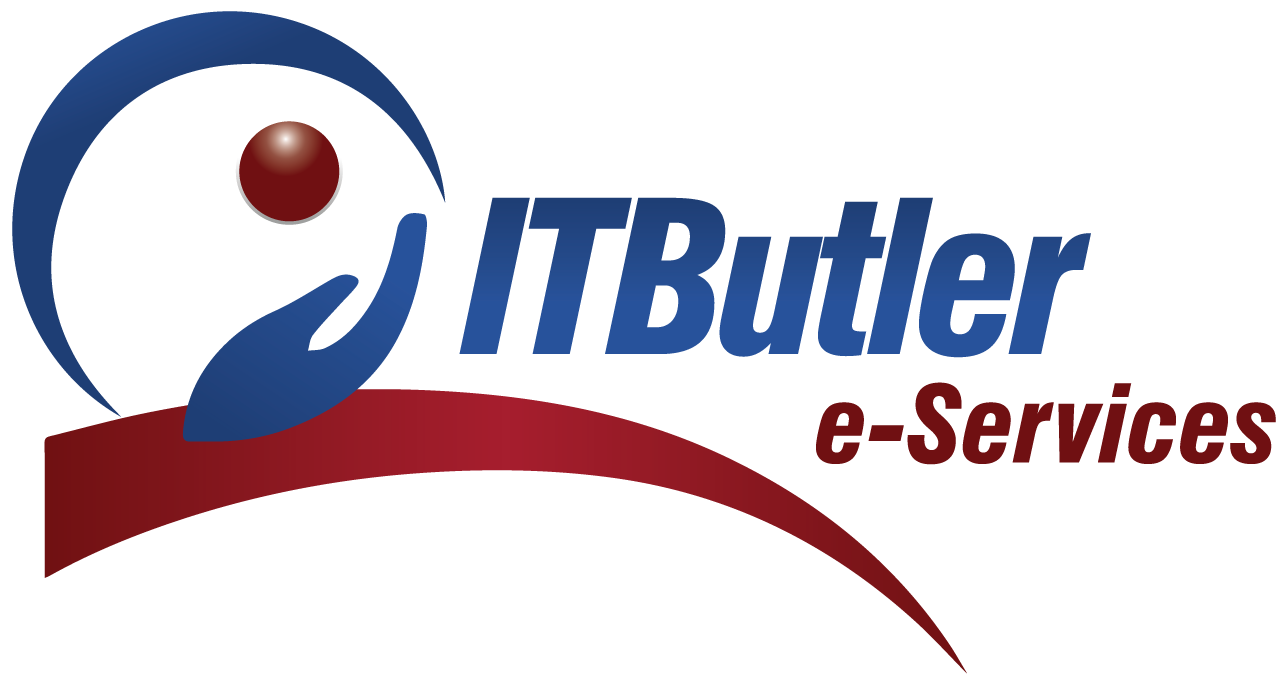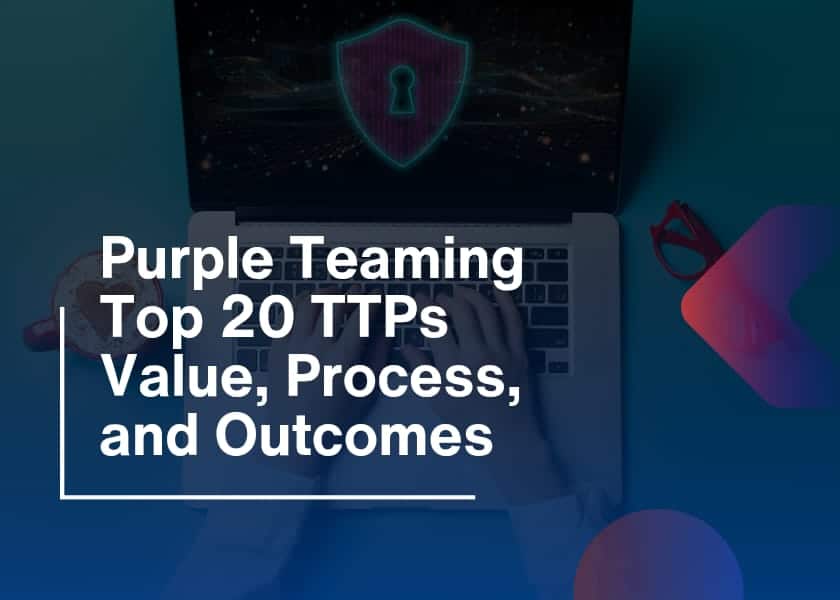As businesses expand and operate across borders, regulatory compliance becomes an increasingly important issue. For Dubai to comply with Saudi Arabian markets, understanding and adhering to the Kingdom’s cybersecurity regulations, particularly those set by the National Cybersecurity Authority (NCA), is critical. The NCA’s guidelines aim to protect Saudi Arabia’s digital infrastructure and sensitive data, and non-compliance can result in significant financial and reputational consequences.
Compliance with NCA regulations requires businesses to adopt rigorous cybersecurity practices, many of which align with managed cybersecurity services. Dubai businesses, especially those involved in industries such as finance, telecommunications, and energy, must stay updated on these requirements to maintain trust and operational security when dealing with Saudi clients or partnerships.
In this blog, we will explore the role of managed cybersecurity services in helping Dubai businesses comply with the NCA regulations and how companies can integrate effective security measures to safeguard their operations.
1. Understanding Saudi Arabia’s NCA Regulations
Saudi Arabia’s NCA is responsible for establishing and enforcing cybersecurity standards and frameworks that protect the country’s national interests, critical infrastructure, and sensitive information. The NCA has issued several frameworks, including the Essential Cybersecurity Controls (ECC), which define the baseline security requirements for organizations operating in the Kingdom.
For Dubai businesses, especially those with operations or partnerships in Saudi Arabia, complying with these regulations is mandatory. Some of the key areas covered under NCA regulations include:
- Data Protection and Privacy: Businesses must ensure the secure handling of sensitive customer data and adhere to strict data privacy rules.
- Incident Management: Companies are required to have cybersecurity incident response plans that align with the NCA’s standards.
- Vulnerability Assessments: The NCA mandates regular cybersecurity audits and vulnerability assessments to identify and mitigate potential risks.
- Encryption Standards: Data must be encrypted at rest and in transit to prevent unauthorized access.
For Dubai-based businesses, especially those in sectors like finance, retail, and telecom, meeting these standards is not just a regulatory requirement but also a trust-building measure with Saudi clients and partners.
2. The Role of Managed Cybersecurity Services in NCA Compliance
Complying with NCA regulations requires specialized expertise and continuous monitoring of the cybersecurity landscape. For many Dubai businesses, tiny and medium-sized enterprises (SMEs), maintaining an in-house cybersecurity team with the necessary skills and tools can be challenging. This is where Managed Cybersecurity Services come in.
Managed security services provide businesses with 24/7 monitoring, advanced threat detection, and compliance management. By outsourcing their cybersecurity needs to a third-party security managed provider, Dubai businesses can ensure that their operations are protected and that they meet NCA guidelines without the need for extensive internal resources.
Here’s how managed cybersecurity services can help with NCA compliance:
- Continuous Monitoring: Managed cybersecurity service providers offer real-time monitoring and response to potential threats. This proactive approach ensures that any security incidents are detected and resolved before they escalate.
- Risk Management: A managed security services provider can conduct regular risk assessments, vulnerability tests, and compliance audits to ensure that the business is aligned with NCA standards. They can also help businesses develop a risk management strategy that meets regulatory expectations.
- Incident Response: In the event of a security breach, managed security providers can offer immediate support, aligning their response procedures with NCA-mandated incident response plans. This ensures that businesses in Dubai are equipped to manage cyber threats in line with Saudi Arabia’s regulations.
- Compliance Documentation: Maintaining documentation that proves compliance with NCA regulations can be cumbersome. Managed cybersecurity service providers offer comprehensive reporting and audit management tools, ensuring that businesses are always ready for regulatory reviews.
- Access to Advanced Technology: Dubai businesses can benefit from the latest technologies and tools provided by managed security services, including AI-driven threat intelligence, data encryption solutions, and cloud security services. These technologies are essential for staying ahead of cyber threats and complying with NCA frameworks.
By leveraging managed security services, Dubai businesses can reduce their compliance burden, enhance their cybersecurity posture, and ensure that they are fully aligned with NCA standards.
3. Key NCA Compliance Challenges for Dubai Businesses
While managed cybersecurity services offer significant advantages in terms of compliance, Dubai businesses may still face challenges when aligning their operations with Saudi Arabia’s cybersecurity regulations. Here are some of the most common hurdles and how security-managed solutions can help overcome them:
a. Cross-Border Data Transfers
One of the biggest challenges for Dubai businesses working with Saudi partners is managing data transfers across borders. Saudi Arabia has stringent data privacy laws, and companies must ensure that any cross-border data transfers are secure and compliant with National Cyber Security Authority NCA guidelines. Managed security services can help by offering encryption solutions, secure communication channels, and compliance reporting tools.
b. Real-Time Incident Reporting
The NCA requires businesses to report cybersecurity incidents in real time to the relevant authorities. For Dubai businesses, this means having robust incident detection and reporting systems in place. Managed cybersecurity services can offer automated reporting and threat detection tools that ensure businesses are meeting their compliance obligations without manual effort.
c. Adapting to Evolving NCA Regulations
As cyber threats evolve, so too do the regulations governing them. Saudi Arabia’s NCA frequently updates its cybersecurity frameworks to address emerging risks. Keeping up with these changes can be difficult for Dubai businesses. By working with a managed security services provider, businesses can ensure that their systems and processes are continuously updated to meet the latest compliance requirements.
d. Aligning Cybersecurity with Business Objectives
Many Dubai businesses struggle to integrate cybersecurity with their broader business objectives. Compliance can often feel like an external burden rather than a value-added activity. Managed security services can help businesses align their cybersecurity efforts with operational goals, ensuring that compliance with NCA regulations enhances, rather than hinders, business performance.
4. Best Practices for NCA Compliance
To successfully comply with NCA regulations, Dubai businesses must adopt a proactive approach to cybersecurity and risk management. Here are some best practices that can help companies to achieve compliance while protecting their operations:
- Engage with a Managed Security Services Provider: By partnering with an experienced managed cybersecurity services provider, businesses can ensure that they have access to the latest tools, expertise, and technologies needed to meet NCA compliance requirements.
- Conduct Regular Risk Assessments: Regular vulnerability assessments and risk audits are essential for identifying and mitigating potential risks. Managed service providers can offer these assessments and ensure that they align with NCA’s stringent requirements.
- Develop a Compliance Roadmap: For businesses operating across borders, a clear compliance roadmap is critical. This roadmap should outline the steps needed to achieve compliance with NCA regulations and include timelines for implementing necessary security measures.
- Invest in Continuous Monitoring: Continuous monitoring and threat detection are essential for staying ahead of cyber threats and ensuring that businesses remain compliant with NCA regulations.
5. How ITButler e-Services Can Help
At ITButler e-Services, we specialize in offering managed cybersecurity services that are tailored to the unique regulatory environments of Saudi Arabia and Dubai. Our services are designed to help businesses seamlessly comply with NCA regulations, mitigate risks, and protect their operations from evolving cyber threats.
We offer a comprehensive suite of services, including:
- Continuous threat monitoring
- Risk assessments and vulnerability testing
- Incident response planning and management
- Compliance reporting and audit management
With a team of highly skilled cybersecurity professionals and access to advanced technologies, ITButler e-Services is the trusted partner for businesses looking to align their operations with NCA guidelines.
Conclusion
Complying with Saudi Arabia’s NCA regulations is a critical requirement for businesses in Dubai looking to engage with the Kingdom’s markets. By investing in managed cybersecurity services, businesses can ensure that they meet these regulatory standards while protecting their operations from evolving cyber threats.
At ITButler e-Services, we are committed to helping businesses navigate the complex regulatory landscape and implement effective cybersecurity strategies. With our expertise, Dubai businesses can confidently expand their operations into Saudi Arabia, knowing they are fully compliant with the NCA’s stringent cybersecurity guidelines.





